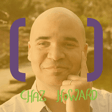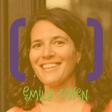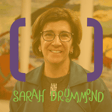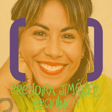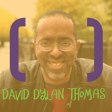
Andrew McGowan: Wake up and Pay Attention. Drink Coffee and Bake Bread. Change the Church, Change the World.
Long before lockdowns, The Very Rev. Andrew McGowan was tending a sourdough starter and collecting distinctive books in his personal library.
Andrew talks about Anglican sacramental theology, secularization, negotiating international COVID protocols, and the importance of good coffee.
Plus, a frank chat to Christian clergy about the future of church.
The Very Rev. Andrew McGowan is the Dean and President of Berkeley Divinity School and McFaddin Professor of Anglican Studies and Pastoral Theology at Yale Divinity School.
Content Warning: death of a parent, indirect references to colonialism, indirect references to white privilege, impacts of COVID, Christian hegemony.
Buy Andrew's most recent book: https://amzn.to/3Chq0PY
Check out Andrew’s Substack: abmcg.substack.com
Learn more about Berkeley Divinity School at Yale: https://www.berkeleydivinity.yale.edu
Follow Andrew on Instagram: https://www.instagram.com/abmcg/
Follow Berkeley Divinity School on Instagram: https://www.instagram.com/berkeleyatyale/
Check us out on Instagram and TikTok: @uncommongoodpod
Subscribe to our YouTube Channel: youtube.com/@uncommongoodpod
we chat to ordinary people doing uncommon good in service of our common humanity.
We are creating community that builds relationships across difference by inviting dialogue about the squishy and vulnerable bits of life.
thanks for joining us on the journey of (un)common good!



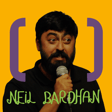
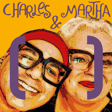
![BONUS: [moim] Gathering, David Rubenstein Atrium at Lincoln Center image](https://media.zencastr.com/cdn-cgi/image/width=112,quality=85/image-files/62b64321a33e0c0035b4bc2e/a5bd46bd-6072-4365-94bb-c1391a3e5105.jpeg)







